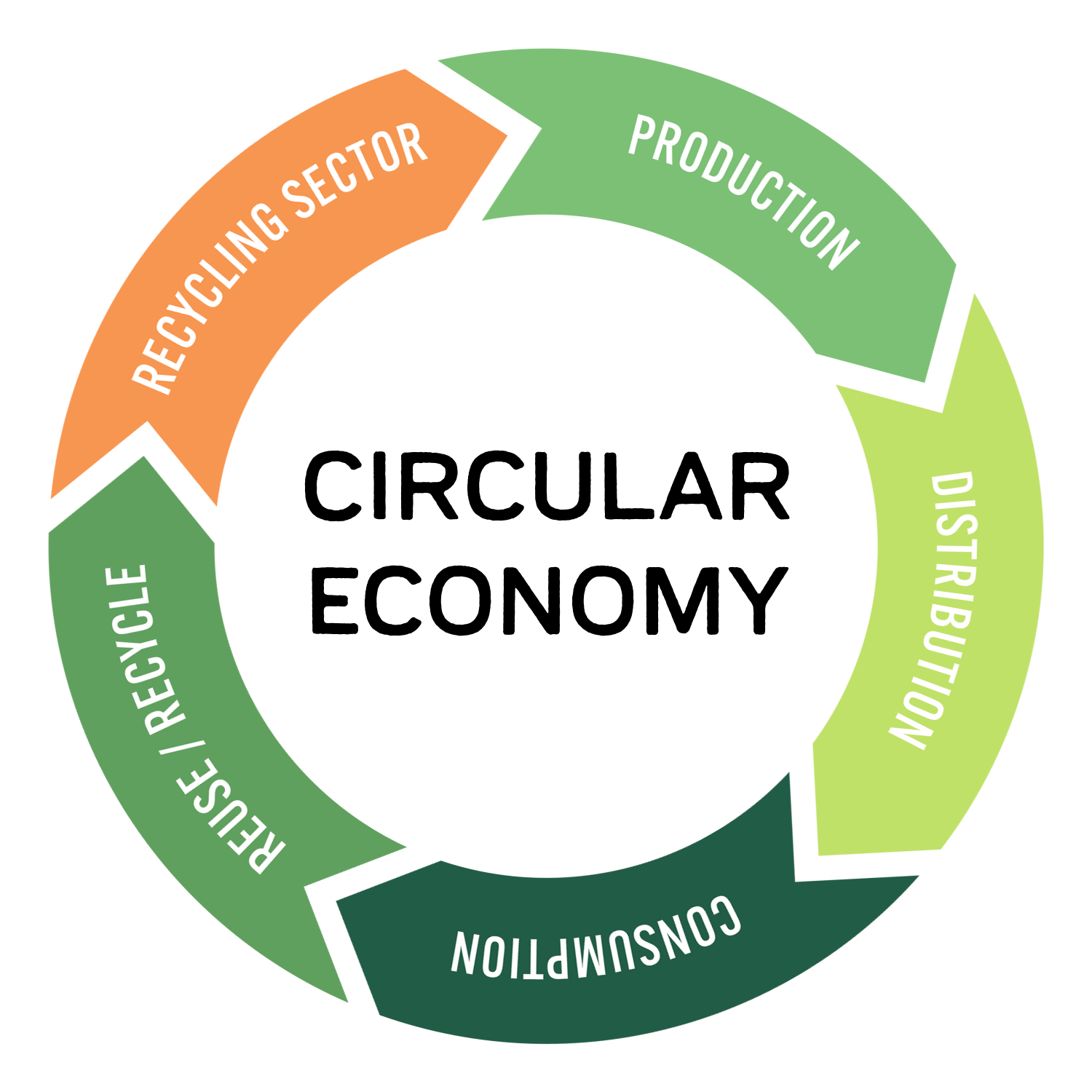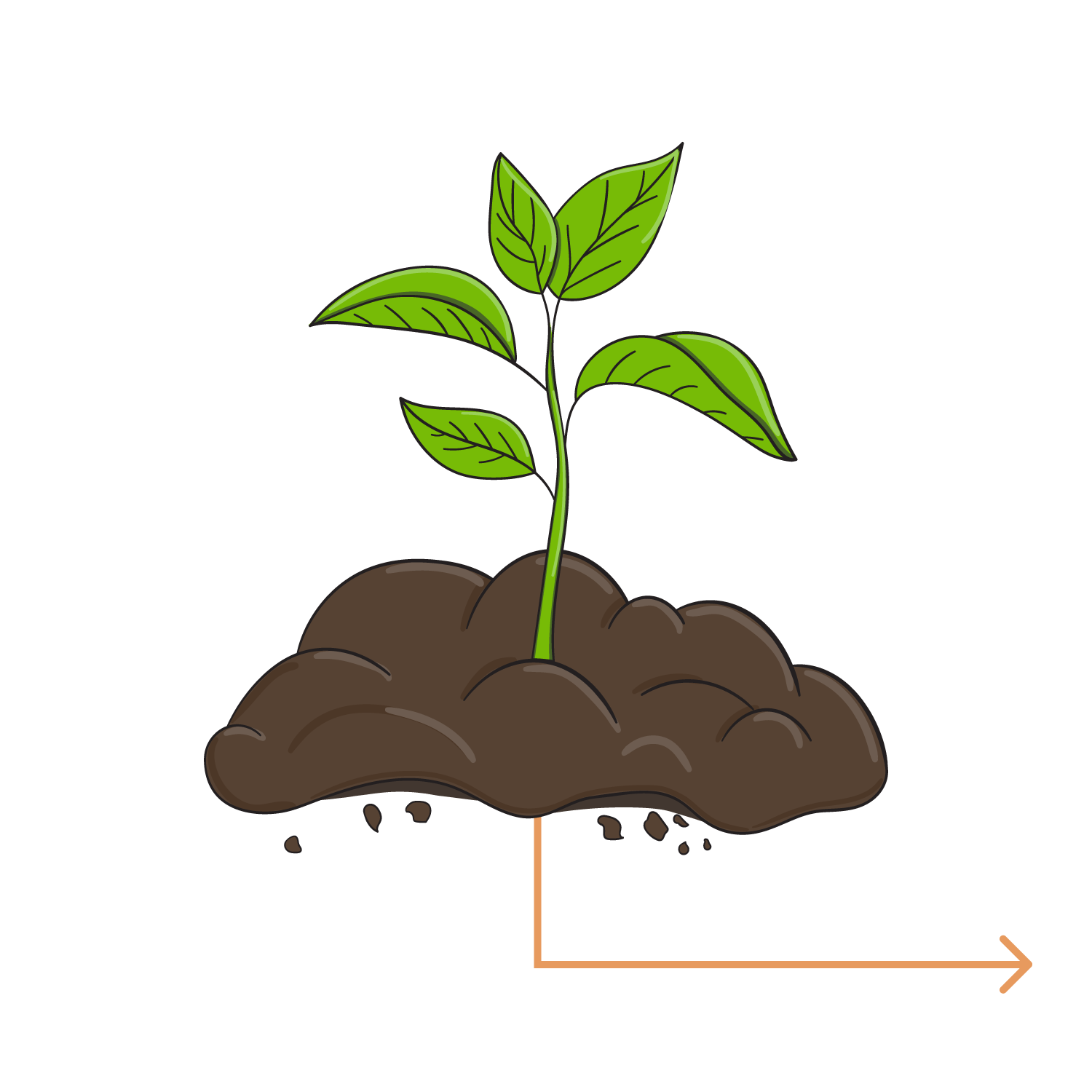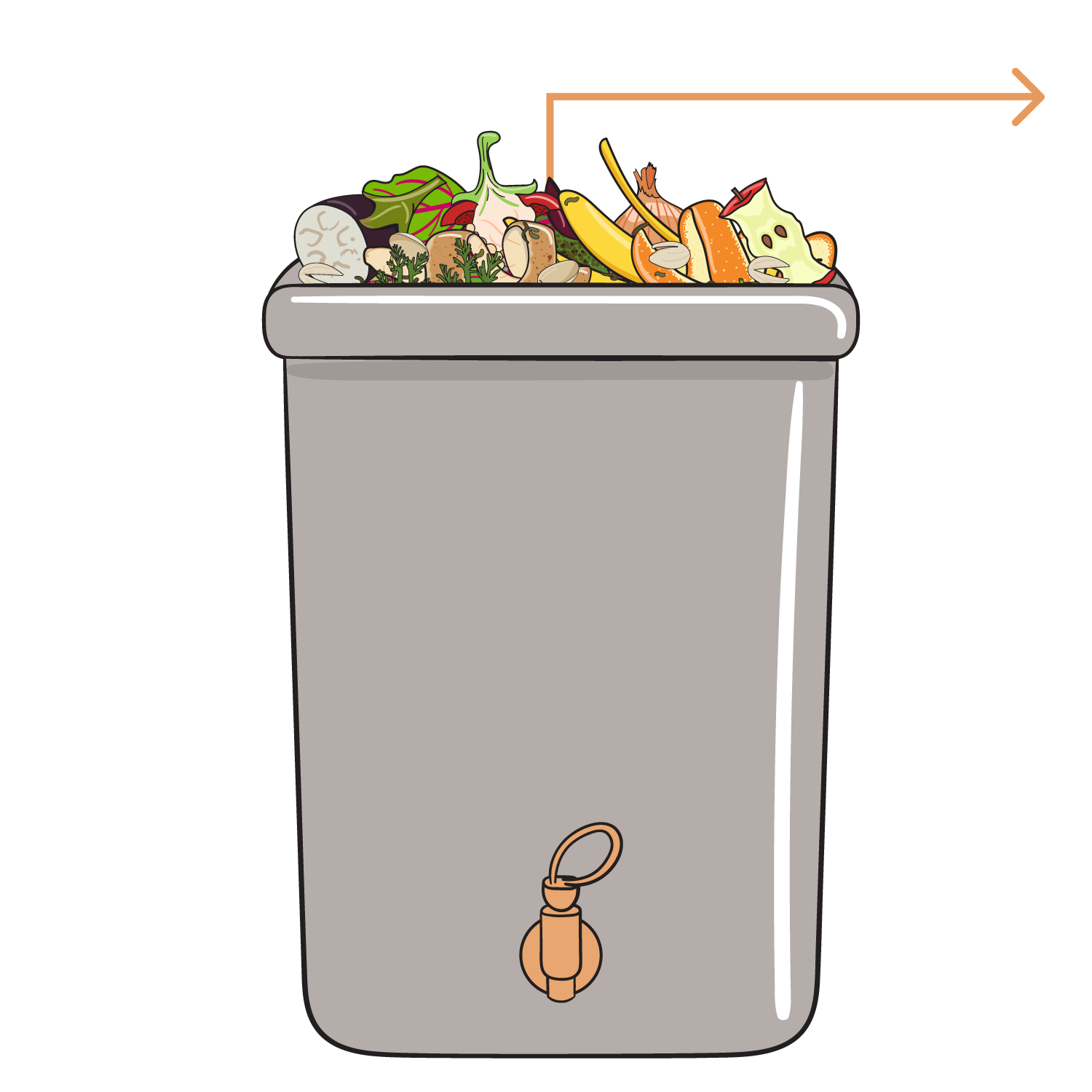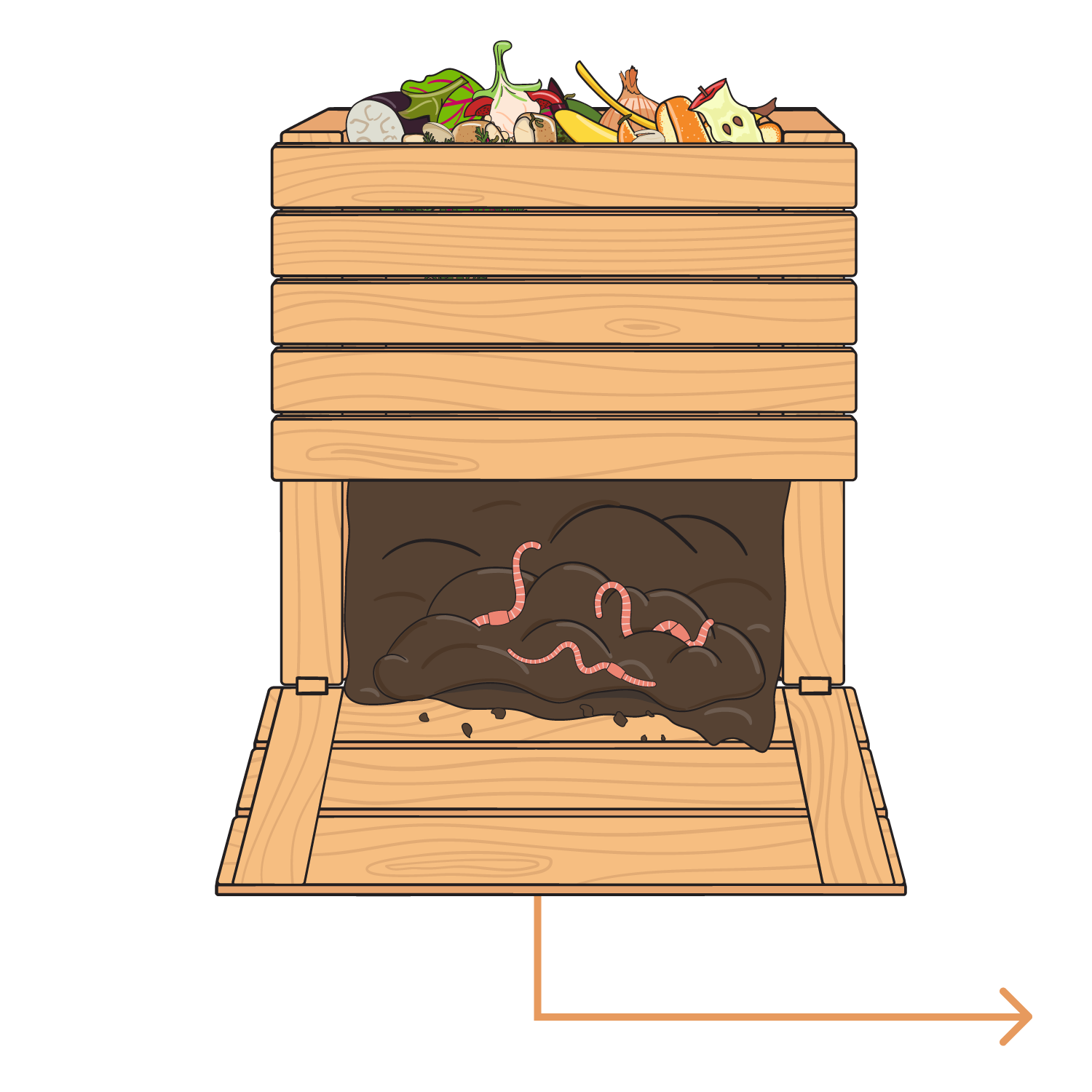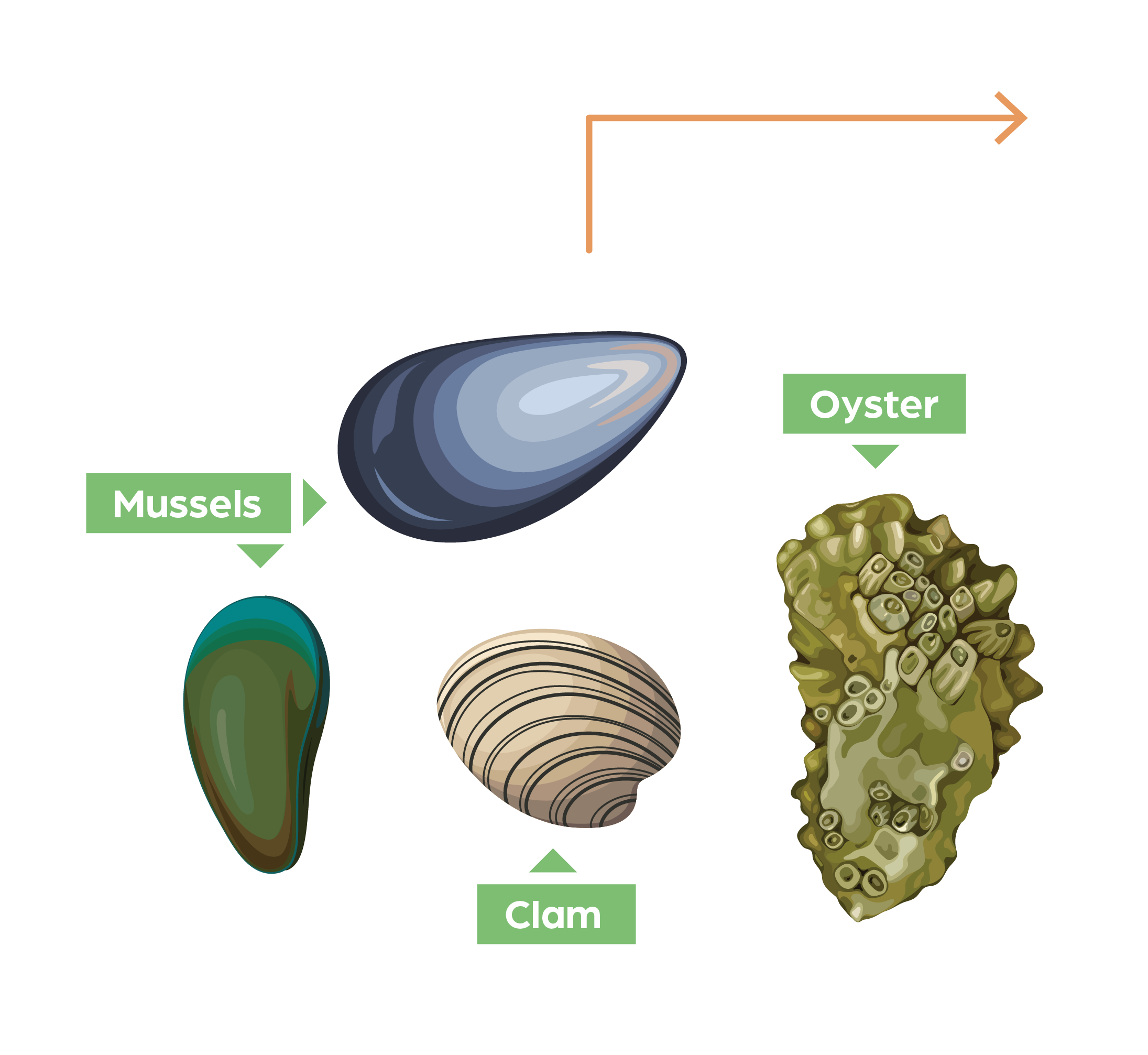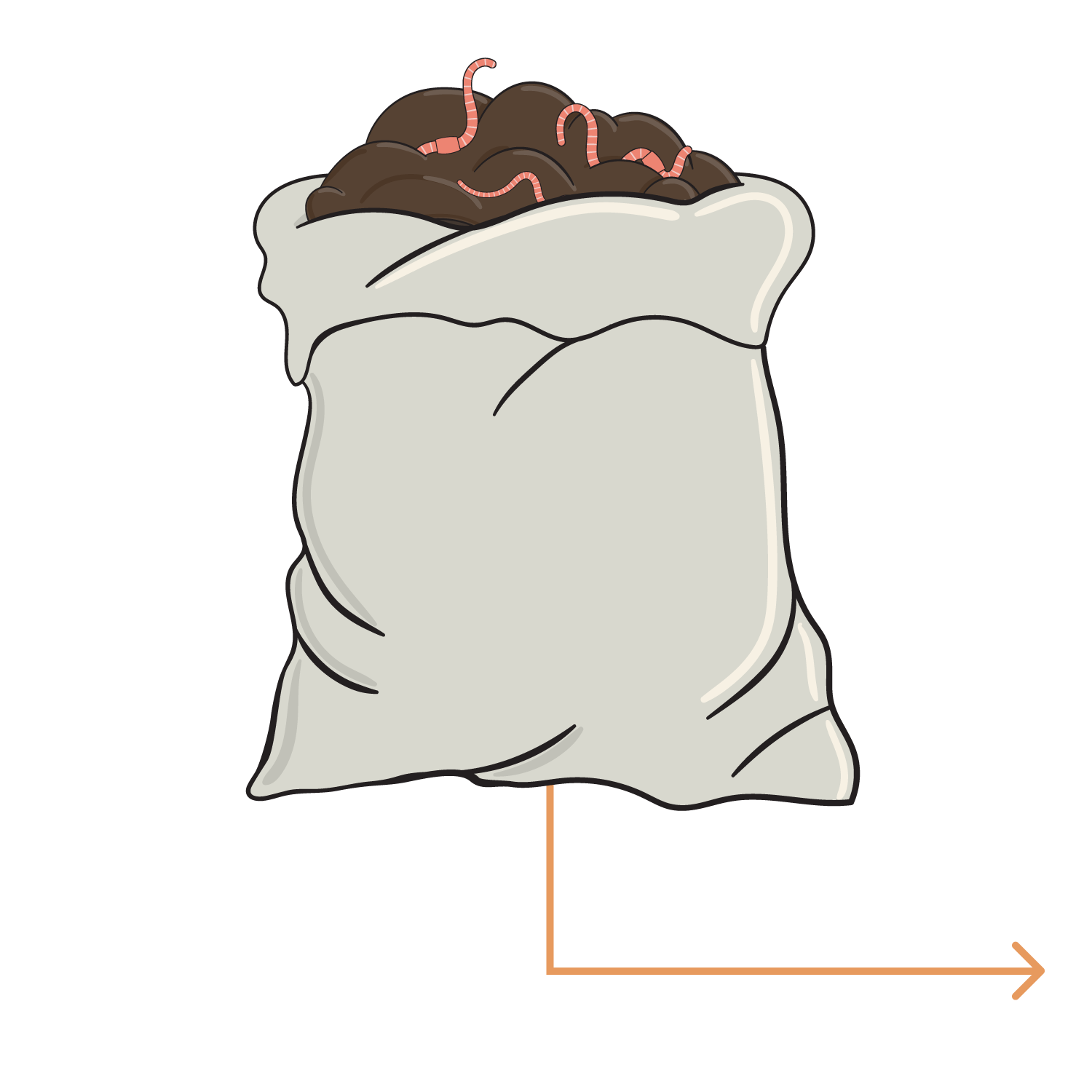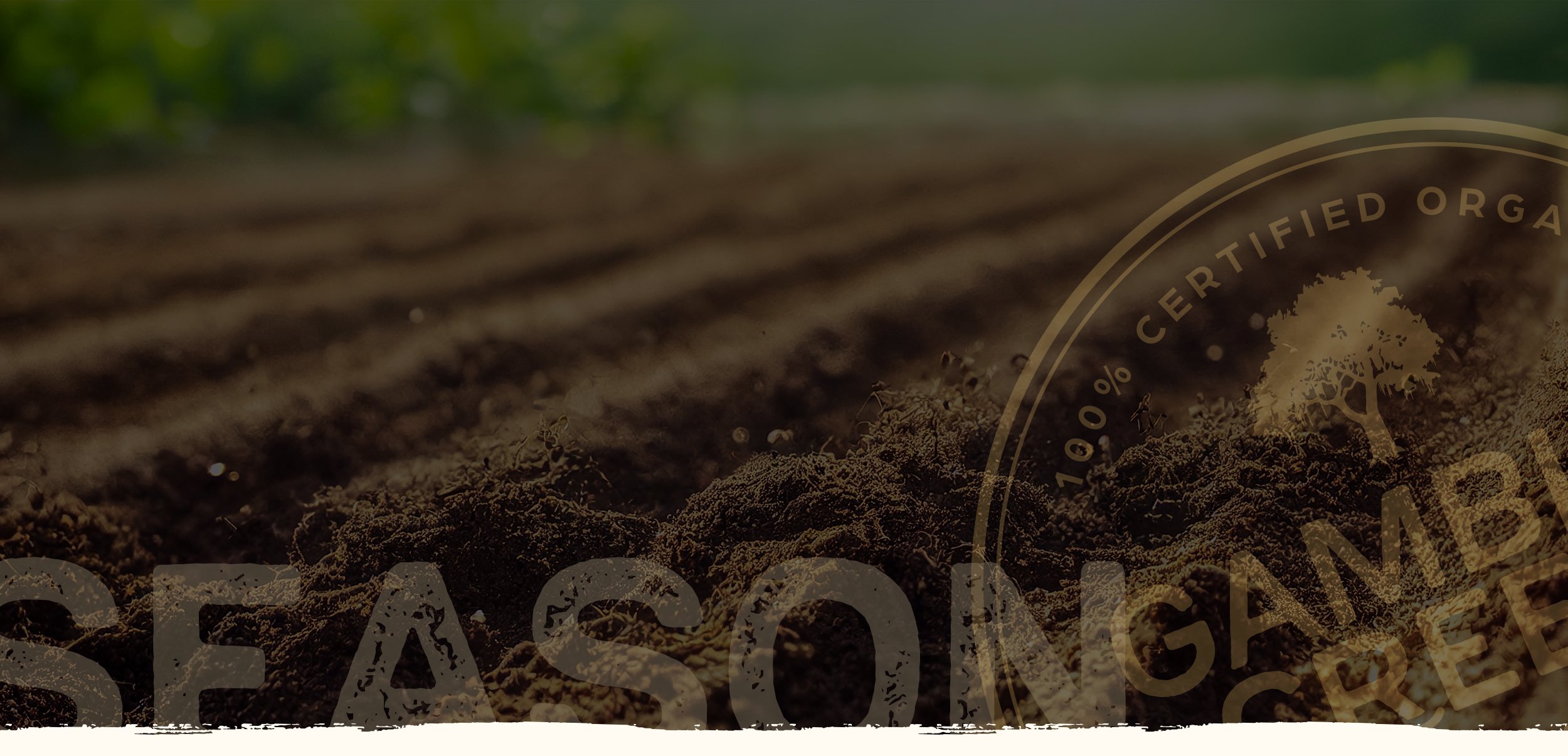
Sustainability Methods
Sustainable farming focuses on protecting the environment for future generations. Here's how we do it.
A Model for Sustainability & The Circular Economy
The circular economy is often presented as a goal to work toward rather than something that is actually put into practice. While there are some good models in business for the circular economy in action today, most businesses still view the circular economy as something to transition to in the future rather than operate fully now.
Ed Chiles, the founder and owner of Chiles Group has been implementing a model for the circular economy, bringing together sustainable agriculture, aquaculture, and top-tier restaurants.
Reduce, Reuse, and Recycle
Chiles Group starts with reducing the use of materials they use so that there is less waste to begin with. The major reduction the past year has been the elimination of all plastic straws, lids, cups, and carryout containers at their three waterfront restaurants, among other wholesale customers. This process completes the circle of life for compostable materials.
How it works:
Methods
Fish AMINO ACID (FAA)
Some of the sustainable techniques we use come from around the world. Using a Korean natural farming technique, we combine fish waste with a brown sugar solution and combine it with water to serve as a fertilizer for our crops. The end result? Healthy, fast growing produce.
Red Tide
Red tide is the name for a harmful bloom of algae that sometimes forms in the Gulf's waters. When red tide affects our beaches, we can help clear items found on the beach and add it to our compost.
BioChar
Biochar is a charcoal-like material produced when burning agricultural and forest waste. We use biochar to help improve soil health with the many items we grow.
Food Waste
We take food waste from restaurants and place it in a composting pile. On our farm, the composting materials are mixed with dirt and mulch to become nutrient-rich soil.
Mulch
Local developers can drop off mulch at Gamble Creek Farms. We have a certification to use the mulch and incorporate it into our compost.
WORM CASTING
Also known as vermicomposting, Gamble Creek Farms has a dedicated set-up for worms to eat scraps, such as organic lettuce leaves, that come from our wash station. The worms eat that waste, and their waste then becomes a black, grainy soil called vermicompost. This adds some terrific nutrition to our soil and compost.
Gamble Creek Pumpkin:
A Heritage-Inspired Hybrid
Meet the Gamble Creek Pumpkin, our one-of-a-kind heirloom hybrid born from two storied American varieties—the legendary Dutch Fork Pumpkin of South Carolina and the resilient Seminole Pumpkin of Florida. This rare new gem was lovingly cultivated and crossbred right here at Gamble Creek Farms, where we’ve spent years carefully selecting the best traits from both pumpkins to create something truly special.
The Dutch Fork Pumpkin, dating back to the 1750s in South Carolina's Dutch Fork region, was once known as the “old timey cornfield pumpkin,” prized for its role in suppressing weeds and, more importantly, for making the silkiest, most flavorful pies around. Meanwhile, the Seminole Pumpkin has deep Native American roots, long valued for its hardiness, versatility, and long storage life—sometimes lasting up to a year!
By blending these two heritage powerhouses, we’ve created a hybrid with exceptional flavor, smooth texture, and remarkable nutritional density. The Gamble Creek Pumpkin is perfect for baking, roasting, stuffing, or turning into velvety soups—and it’s built to last, just like the legacy it's rooted in.
This is more than a pumpkin—it’s a living piece of agricultural history. And thanks to ongoing seed saving and selection, we’re proud to say the Gamble Creek Pumpkin is well on its way to becoming a new heritage variety in its own right.

